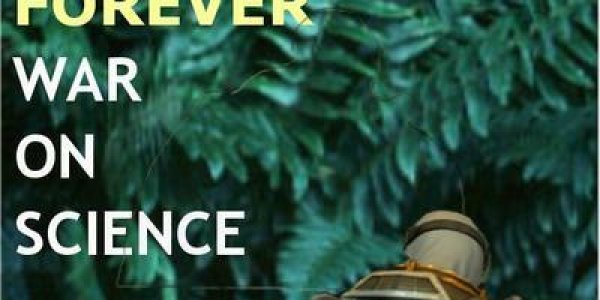Spent Grain From Beer Making As Human Food
Beer has been important throughout human history. Given how dangerous water was in the past, it is arguably true that civilization would not exist without beer.
Yet if you make your own, you have to…













